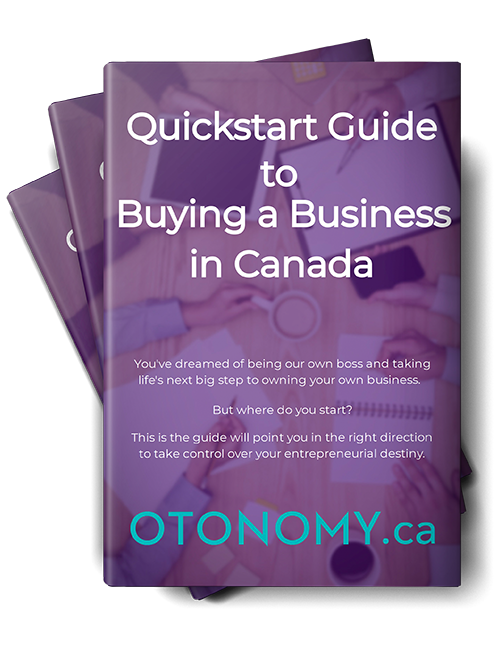You have placed countless time and money into building your small Canadian business, but you’re likely overwhelmed by the amount of paperwork that goes into selling it. If it makes you feel better, you’re not alone. Investing in the time to gather and prepare the appropriate documentation will increase the attractiveness of your company to those interested in working with you to buy it.
The clearest way to demonstrate the financial worth of your company is to provide solid evidence of a prosperous past. Being well-prepared with a well-organized set of documents not only looks good on you and your business, but it will also make it much easier for you down the road. We will cover eight types of paperwork to ensure you have everything from the obvious documents to the nitty-gritty ones.
Financial Statements
When considering the documents needed to sell your business, you should first focus on your financial statements. Prospective buyers will want proof that your accounting is in order. Furthermore, your accounting paperwork will prove to them whether the financial success you may boast about your business having is real.
It could take your accountant up to a couple of months to gather all the financial statements you’ll need to show buyers. Since you should start planning to sell your Canadian business 3 – 5 years before you do so, this shouldn’t be an issue.
Legal Documents
If you’re wondering how to sell your business, an excellent first step is to turn to your trusted lawyer. They’ll support you with the legal side of the documents you’ll need for selling a business in Canada.
You’ll need a Purchase and Sale of Business Agreement, which is a formal document transferring shares or assets from you to the buyer. Depending on if you’re selling assets or shares, the paperwork you’ll need for this phase is either the Sale of Business Shares or Sale of Business Assets.
Contracts
Make sure to round up the current contracts you have for any types of leases or services. These could include contracts for using equipment, furniture, and personal items.
Once you sell your business, the responsibility of these contracts will transfer to the new owner. For this reason, they’ll want to understand the costs involved and ensure that the arrangements are indispensable to the business’ function. If you fail to disclose any contracts you have, you could be liable for them after the sale goes through.
Policies and Procedures
To attract high-quality potential buyers, you’ll need to have clear documentation of your company’s policies and procedures.
The exact nature of the policies and procedures will vary depending on the business. They can run the gamut from a commitment to working with ethical suppliers to managing employee conduct and how you work with suppliers.
Tax Documentation
You’ll need to work with your accountant since tax documentation for selling your Canadian business is complicated. For now, know that if you have a business number (BN), you might have to cancel it before you sell. If you have a GST/HST account, your accountant should be able to get you this documentation, and they’ll also need to close the account before you transfer your company to the new owner.
Prospective buyers will want to understand the tax implications of purchasing your business, and you, too, will want to know yours, which is why it’s critical to have an accountant. They’ll also want to see the Payroll Deductions and Remittances document if your business has employees.

Tax Returns
Your tax return documents reveal a lot about your business’ finances. Potential buyers will request to see current and past tax returns to give them an insider view of how you manage your finances and whether your business is bringing in the amount of money you claim it does.
Tax returns also reveal important information like expenses and employee payroll. Therefore, before you sell your company, make sure your accountant gives you a few years of your past tax returns.
Receipts and Invoices
Of the many documents needed to sell your business, receipts and invoices can feel the most tedious. That’s why it’s crucial to develop an excellent accounting process if you don’t already have one.
Buyers will also want to see documentation with customer lists and supplier information. Having these documents prepared and organized will make your business more attractive and help you increase your company’s value.
Real Estate and Other Assets/Chattels
Prospective buyers need to know the property you own and lease. In both cases, you’ll need to show proof of property paperwork.
Depending on if you own or lease your property, the paperwork will look a little different. Buyers will pay special attention to lease-related paperwork since they’ll be responsible for making lease payments once you transfer the business to them.
Knowing how to sell your business can be difficult for small Canadian business owners. By having the documentation we discussed here to show buyers, you’ll exude the professionalism and confidence needed to secure the highest value possible for your business.
Create Your Free Account Today
Join for free to find businesses. Post a listing for a monthly fee. See prices
